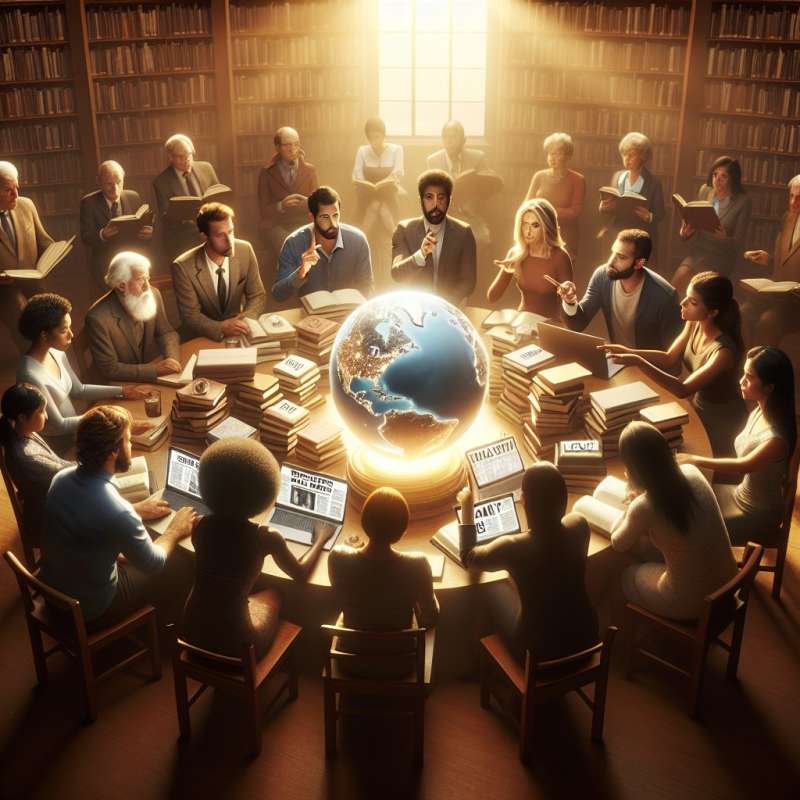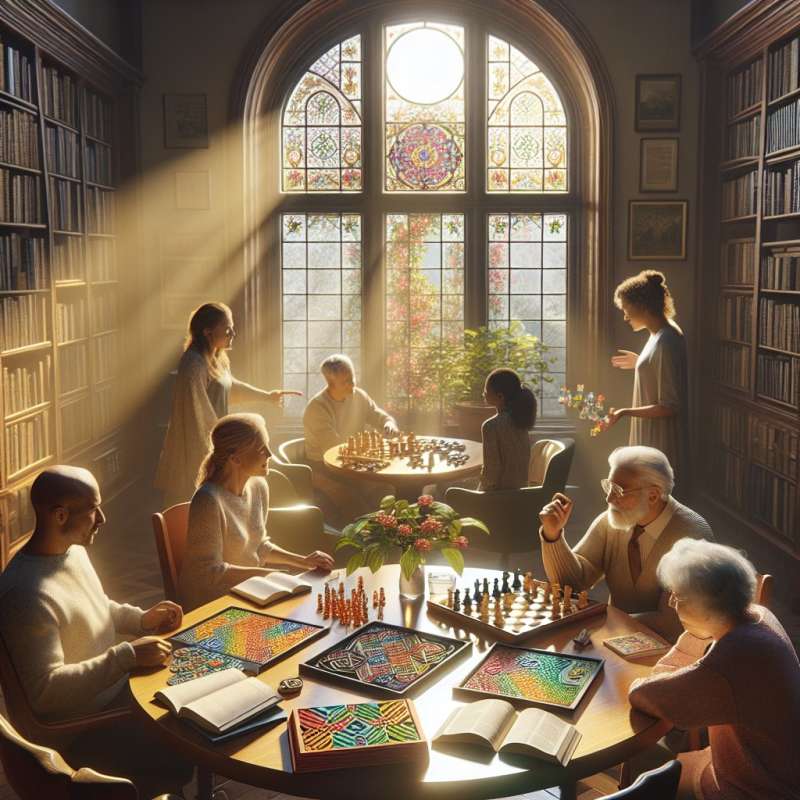
What is Logic?
Logic is the study of reasoning. It's a system that helps us distinguish good arguments from bad ones. Aristotle, a Greek philosopher, developed the first formal system of logic, shaping critical thought for centuries.
Types of Logic
There are different types of logic: Formal, Informal, Symbolic, and Mathematical. Formal logic focuses on deductive reasoning and structure, while Informal logic emphasizes argument content and context.
Deduction vs. Induction
Deductive reasoning concludes from general to specific. Inductive reasoning, however, infers from specific observations to broader generalizations. Sherlock Holmes famously used deduction, though in practice, he often employed inductive reasoning.
Fallacies in Arguments
Logical fallacies are errors in reasoning that weaken arguments. Examples include ad hominem attacks, false dilemmas, and straw man arguments. Recognizing them is crucial for critical analysis.
Critical Thinking Importance
Critical thinking is essential in a world of misinformation. It involves analyzing facts to form a judgment. The World Economic Forum lists it among the top skills needed for the future.
Heuristics and Biases
Heuristics are mental shortcuts for problem-solving. They're efficient but can lead to cognitive biases, such as confirmation bias or the Dunning-Kruger effect, where people overestimate their knowledge.
Improving Logical Skills
To enhance logical thinking, engage with puzzles, study logic puzzles, and practice mindfulness to reduce cognitive biases. Diverse reading and active discussion also sharpen critical thinking abilities.
Who established the first formal logic system?
Socrates, with philosophical methods
Aristotle, a Greek philosopher
Plato, through Socratic dialogues
Company